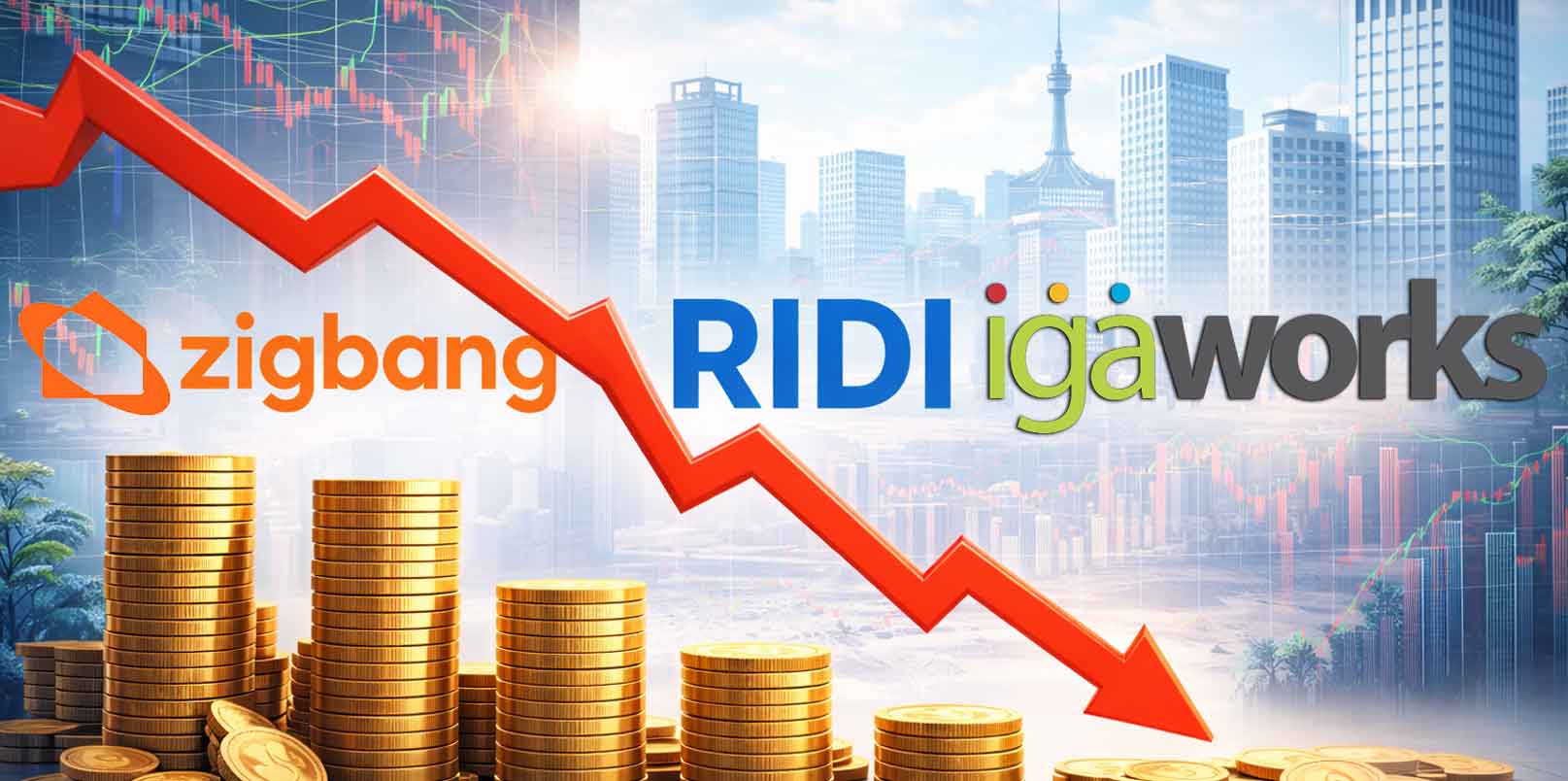The landscape of venture investment in South Korea has witnessed a marked shift in the first half of this year, with investment levels showing a significant decline of 42% compared to the same period of the previous year. As global interest rates rise, venture capital (VC) investors are adopting a more cautious approach toward startup investments, contributing to the decrease in funding. Despite these challenges, industry insiders hold a measured optimism, anticipating a potential uptick in market sentiment in the latter half of 2023.
The Korean Ministry of SMEs and Startups is focusing on revitalizing venture investment by announcing an investment support plan for ventures and startups jointly with the Financial Services Commission in April. In conjunction with the Financial Services Commission, the South Korea Ministry of SMEs and Startups unveiled a comprehensive report detailing the ‘Trends in Domestic Venture Investment and Fund Formation in the First Half of 2023.’ This announcement is a part of the ongoing measures outlined in the ‘Innovative venture/startup funding support and competitiveness strengthening plan’ jointly developed by relevant ministries in April this year.
The Ministry of SMEs and Startups unveiled figures revealing that the total amount of venture investment for the first half of this year amounted to 4,444.7 billion won ($3.58 billion). This figure represents a significant decrease of 41.9% from the robust investment levels observed during the same period a year ago when the investment totaled 7,644.2 billion won ($6.16 billion USD). The decrease is reflective of a simultaneous contraction in venture investment across both the private and policy sectors.
The Ministry of SMEs and Startups has been announcing the investment performance of small and medium-sized business startup investment companies every quarter, and this time, the performance of new technology business finance companies under the jurisdiction of the Financial Services Commission has been announced, as well as private venture investment.
The findings of this report provide insightful observations and shed light on the evolving landscape of venture investment in South Korea, highlighting the following key implications:
- Steady Recovery from Long-term Trends: Although venture investment in the first half of 2023 was lower than the first half of 2021-2022, when performance exceptionally surged due to liquidity expansion, etc., it significantly exceeded the level of 2019-2020. This trend persisted even when factoring in the performance of new technology business finance companies and private venture investment.
- Diversification of Investment Fields: The trend has been shifting while the previous years saw a concentration of investments in select sectors such as non-face-to-face and biotechnology (bio). In 2023, there was a notable reduction in the concentration of investments by industry, contributing to an estimated total investment amount slightly above the long-term trend.
- Global Synchronization: A parallel analysis of venture investment performance over the past five years (’18-’22) in major developed countries, including the United States, Japan, and Israel revealed a common increase in investmentnamounts during 2021 and 2022 post-COVID-19. Additionally, the performance byncountry exhibited synchronization both before and after this period.
Highlights from the Detailed Analysis:
- Venture investment during the first half of 2023 amounted to 4.4 trillion won (approximately $3.4 billion), marking a 25% increase compared to the same period in 2019 and a 40% increase compared to the same period in 2020.
- Despite a 42% decrease compared to the previous year, it’s important to consider the extraordinary circumstances of heightened investment globally due to liquidity expansion in response to the pandemic.
- Several initiatives, such as the ‘New KOTEC special guarantee,’ the ‘Increase in the limit on investment in venture funds by banks,’ and the ‘Establishment of tax credit for private venture fund investment by corporations,’ have contributed to a favorable environment for venture investment.
Moreover, fund formation during the same period reached 4.6 trillion won (approximately $3.5 billion), exhibiting a 35% increase from the first half of 2019 and a remarkable 105% increase from the same period in 2020. Anticipated completion of the ‘Second Fixed-Time Investment Project for Funds of Funds’ and the formation of the association selected as the ‘1st Fixed-Time Investments for Funds’ suggest further growth in the venture investment sector during the second half of the year.
Comparatively, in the United States, venture fund formation witnessed a notable 72.6% decrease compared to H1 2022, a reflection of different economic conditions and policies.
Minister Lee Young said, “Both ministries are making all-out efforts to resolve the financial difficulties faced by venture and startup companies. However, in 2023, as the proportion of investment by industry eased more than before, the possibility of a soft landing in the overall investment market increased. We will continue to maintain the momentum.”
Kim Joo-hyun, chairman of the Financial Services Commission, said, “We are focusing our policy capabilities on supporting venture companies to secure funds through collaboration between ministries. We will continue to take necessary measures such as financial support and system improvement through policy financial institutions, such as the ‘Innovative Venture Startup Funding and Competitiveness Enhancement Plan’ announced jointly with the Ministry of Finance.”
Also Read,
- KOTRA survey reveals that in 2022 over 50% of Korean startups launched business overseas before a domestic base
- Startup Trends 2022 : The number of Korean startups increased by 1.9%; boom in the wholesale & retail sector
- Korean Venture Market in Freefall: Government Scrambles to Salvage a Crumbling Investment Landscape
- Korean government’s 10.5 trillion won investment support plan for startups: Will it suffice to combat economic slowdown?
Keep tab on latest news in the Korean startup ecosystem & follow us on LinkedIN, Facebook, and Twitter for more exciting updates and insights.






